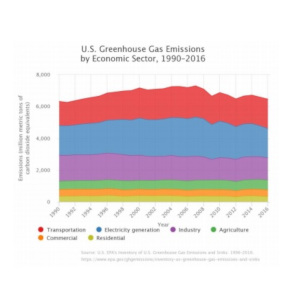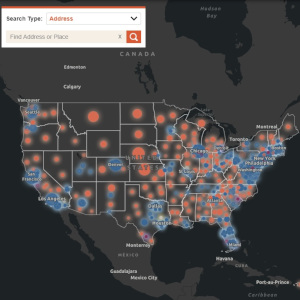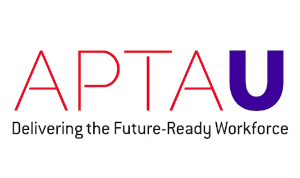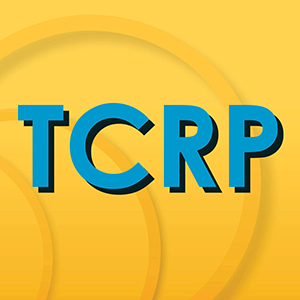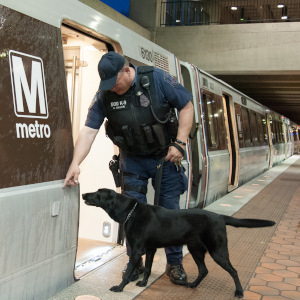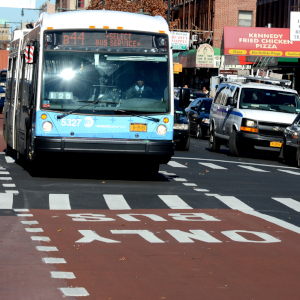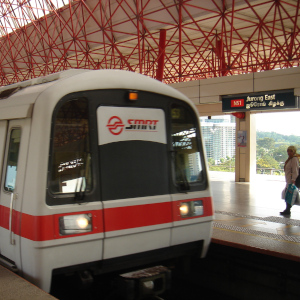- About APTA
- Join APTA
- Contact Us & Directions
- Career Center
- APTA Knowledge Hub
- Events
- Advocacy, Legislation, & Policy
- Research & Technical Resources
- Diversity, Equity and Inclusion
- APTAU
- Research Reports
- Transit Statistics
- Transit Cooperative Research Program (TCRP)
- Industry Footprint
- Mobility Innovation Hub
- Economic Impact Tool Access
- Safety
- Security and Emergency Management
- Peer Review Program
- Standards
- High-Speed Passenger Rail
- Sustainability
- Zero Emission Bus
- Key Issues
- Covid-19 Recovery and Restoration
- News & Publications
- Member Resources
Research and Technical Resources

1300 I Street NW
Suite 1200 East
Washington, DC 20005
Telephone: (202) 496-4800
Fax: (202) 496-4324
Privacy Overview
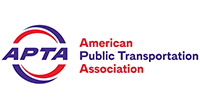
This website uses cookies so that we can provide you with the best user experience possible. Cookie information is stored in your browser and performs functions such as recognising you when you return to our website and helping our team to understand which sections of the website you find most interesting and useful.
Strictly Necessary Cookies
Strictly Necessary Cookie should be enabled at all times so that we can save your preferences for cookie settings.
If you disable this cookie, we will not be able to save your preferences. This means that every time you visit this website you will need to enable or disable cookies again.



